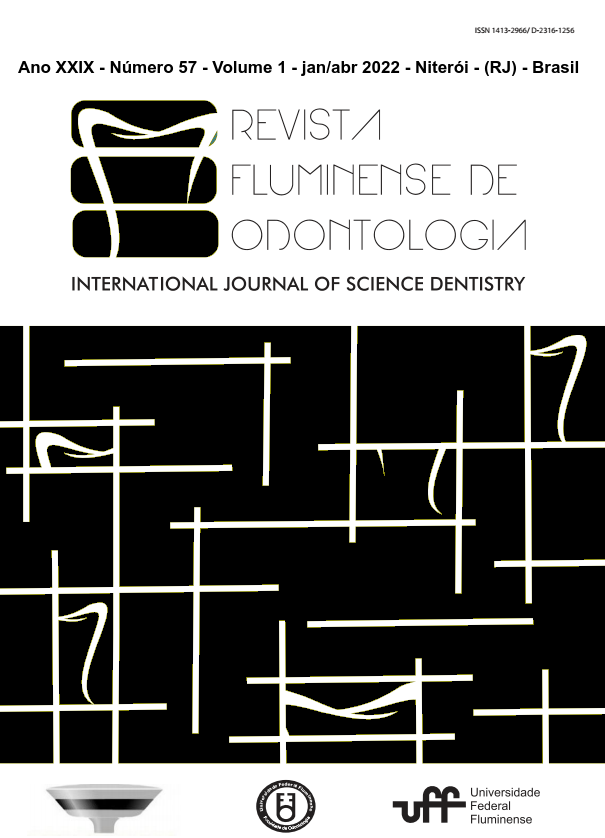THE IMPORTANCE OF IMPLEMENTING AN ORAL HYGIENE PROTOCOL FOR INTUBATED PATIENTS: A LITERATURE REVIEW
DOI:
https://doi.org/10.22409/ijosd.v1i57.52689Abstract
The use of mechanical ventilation allows the maintenance of life in the recovery process of hospitalized patients who need respiratory assistance. However, the presence of the ventilator in the oral cavity environment promotes the accumulation of debris and plaque retention. The oral cavity is a medium rich in microorganisms and, in the context of intubated patients, the oral biofilm can harbor respiratory pathogens that may lead to the development of Ventilator Associated Pneumonia (VAP). This condition is one of the main secondary infections associated with the intubated patients, and its ocurrence increases the morbimortality, the lenght of hospitalization and its costs. The aim of this literature review is to assess the impact of oral hygiene on the prevention on VAP in intubated patients. Using the descriptors “Oral care”, “Intubated Patients” and “Cross Infection” in the PubMed database, 143 articles were found. Of these, we selected free studies published between 2015 and 2020, which involved research in human adults and young adults. We descarted the ones in which the patients in the ITU or ICU were not intubated, leaving 12 articles to be read in full. According to the literature review, cleaning the oral cavity is effective in reducing the incidence of VAP, the most used method being chemical cleaning with chlorhexidine at concentrations ranging from 0.12% to 2%, which can be complemented with mechanical cleaning. Thus, the implementation of an oral hygiene protocol for intubated patients is fundamental to reduce the chances of developing VAP.
Key Words: Oral hygiene, Pneumonia Ventilator-Associated, Respiration Artificial





